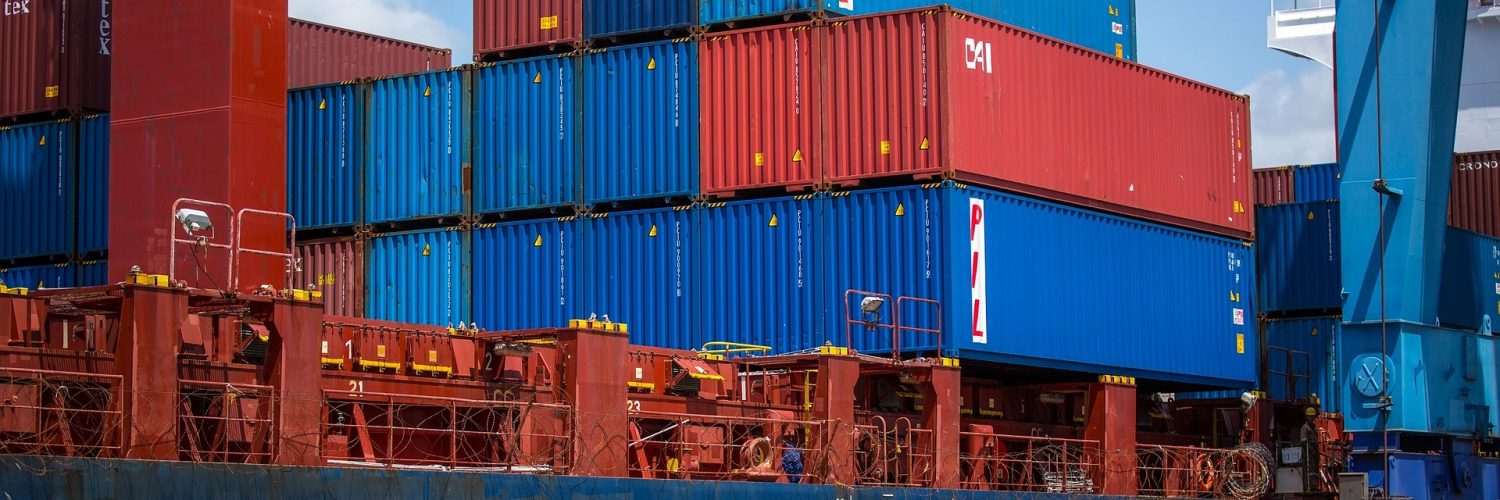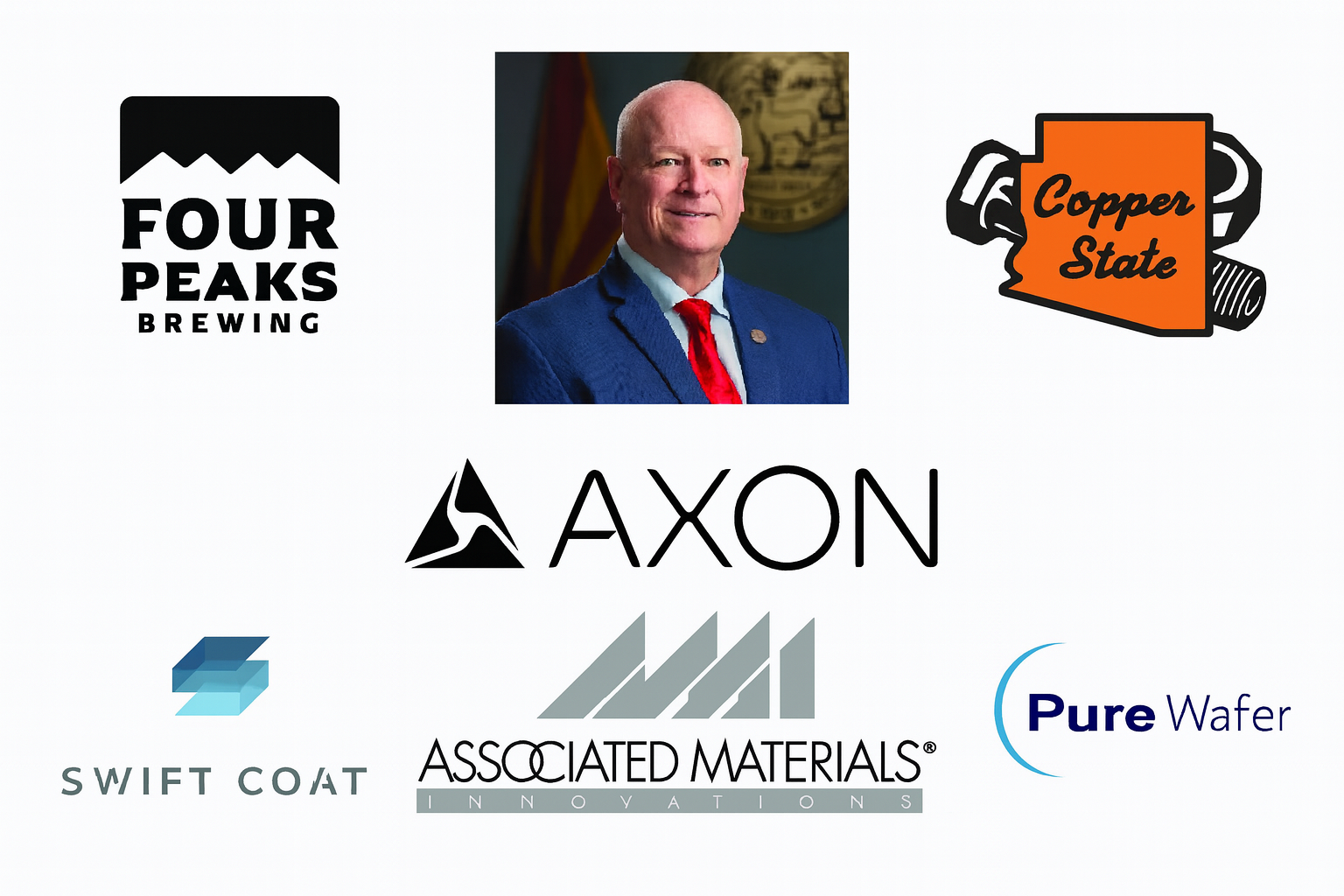Arizona Chamber of Commerce & Industry President and CEO Danny Seiden says the new reciprocal tariffs announced by President Donald Trump risk driving up manufacturing costs in the United States and will likely result in higher prices on American consumers.
“Tariffs are taxes on imports, and they show up on your final bill at the cash register,” Seiden said. “When importers can’t absorb new costs, they pass them along to their customers.”
In a Rose Garden ceremony yesterday, the president announced new tariffs on dozens of international trade partners. A near universal baseline tariff of 10% will be applied to global imports, as well as an additional country-by-country tariff.
For example, the European Union will be hit with a 20% U.S. tariff rate, with 45% for Vietnam, 24% for Japan, and 25% for South Korea.
USMCA dodges bullet
New tariffs will not be applied to Canada and Mexico, the U.S.’ partners in the United States-Mexico-Canada Agreement (USMCA), the North American Free Trade Agreement successor accord that was negotiated in the first Trump administration.
A 25% tariff announced in March on goods that are not compliant with USMCA content rules but that are still imported from Canada and Mexico will remain, as will a new tariff on steel and aluminum imported from those countries.
“The March tariffs caused their own disruptions, so I’m glad we’re not hitting our friends and neighbors with new tariffs,” Seiden said. “Not only does USMCA help solidify North America’s economic power, but it should also serve as an example globally of how tariff-free trade can contribute to economic growth.”
Manufacturers react
U.S. manufacturers are bracing for the fallout from Wednesday’s announcement as they prepare both for higher costs of imported inputs in the domestic manufacturing process, but also for less receptive foreign markets as a tit-for-tat trade war gets underway.
“The stakes for manufacturers could not be higher. Many manufacturers in the United States already operate with thin margins. The high costs of new tariffs threaten investment, jobs, supply chains and, in turn, America’s ability to outcompete other nations and lead as the preeminent manufacturing superpower,” National Association of Manufacturers President and CEO Jay Timmons said.
Rather than engage in a tariff-for-tariff battle, Timmons said the U.S. should secure better terms for manufacturers by negotiating ‘zero-for-zero’ tariffs for American-made products in trading partners’ markets. “That means they don’t charge us, and we don’t charge them,” Timmons said.
Reacting to the new import taxes, the Dow Thursday morning plunged more than 1,200 points and the Nasdaq was down 4%.
















Add comment